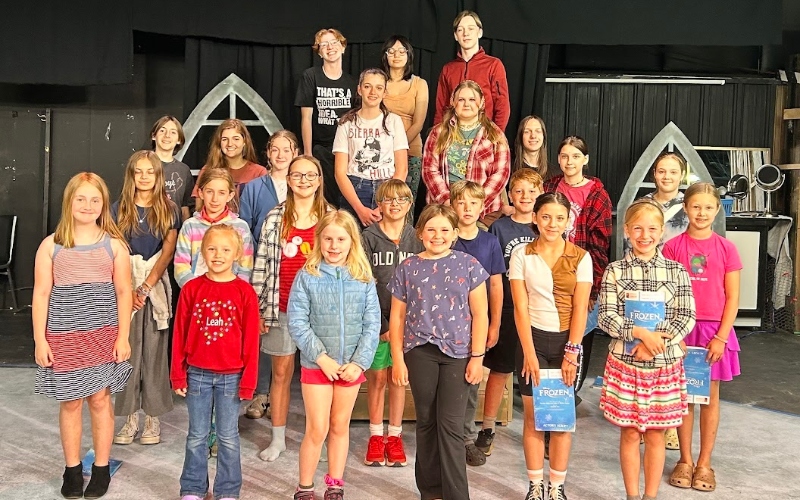A Dark Corner mystery: who killed J.L. Henson?
Published 6:18 pm Monday, December 23, 2013
While recently touring a former resident of the Dark Corner, who had not visited the area in more than 50 years, he was reminded of a killing incident story that took place in 1893.
The story was brought to his mind when we passed the old, restored Reuben Sudduth home place on Pleasant Hill Road just before entering the Campbell Covered Bridge Historic Park.
“Weren’t Reuben’s boys indicted for the killing of J.L. Henson?” he asked.
“Yes, they were,” I answered, and began to recall for him details of the story of what happened to Henson.
In July of 1893, J.L. Henson’s body was found by Pinckney DeCalve Campbell near Joseph P. Dill’s cornfield as he rode his mule along the road in the vicinity of the home of W.B. and James Leaster. Apparently, Henson had been killed by a rifle shot.
A local inquiry revealed that Henson had passed along the road in front of Mary J. Ballew’s house about 5:30 a.m. on a Saturday.
Shortly thereafter, she saw George and Henry Sudduth, Reuben Sudduth’s sons, walking in a big hurry going the same way that Henson had gone.
Two sets of footprints were found approaching the spot where Henson’s body was found, and the same two sets were seen leaving the spot and going into Dill’s corn field.
Since there had been a recent rain, the tracks could not be followed any further.
Henson’s body was buried in Pleasant Hill Baptist Church cemetery.
Soon after the burial, questions arose about the cause of death, and an order was made by the court to exhume the body for a more thorough examination.
Dr. Andrew Wallace from Greenville, S.C. made the examination and said that the skull had a four-inch long fracture on the right side of the head just above the ear, and there was a scalp wound on the back of the head just above the joint of the neck.
R.E. and J.R. Henson testified that the body was indeed that of their deceased brother, J.L. Henson.
George and Henry Sudduth were arrested and tried in the July, 1894, court in Greenville, S.C.
Some people testified that the Sudduths thought J.L. Henson was a revenue officer, though others disputed that notion.
One person testified that Henry Sudduth thought Henson had turned over some of his still beer, in a distillery not far from Reuben Sudduth’s place, and that it was enough to make three runs of moonshine.
The testimonies and body examination report were not enough to convince the court, and the Sudduths were found not guilty.
If the Sudduths did not do the dirty deed, who did?





